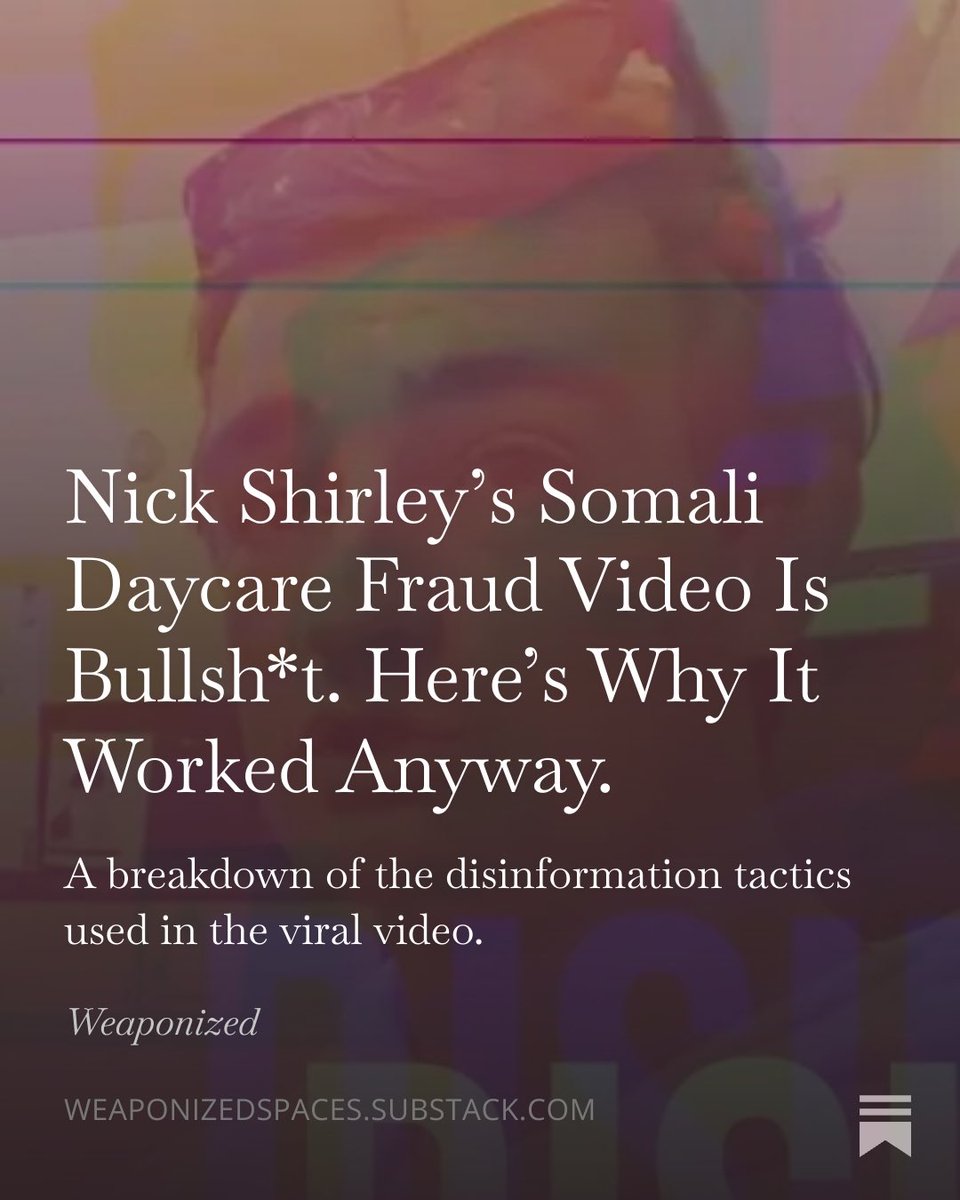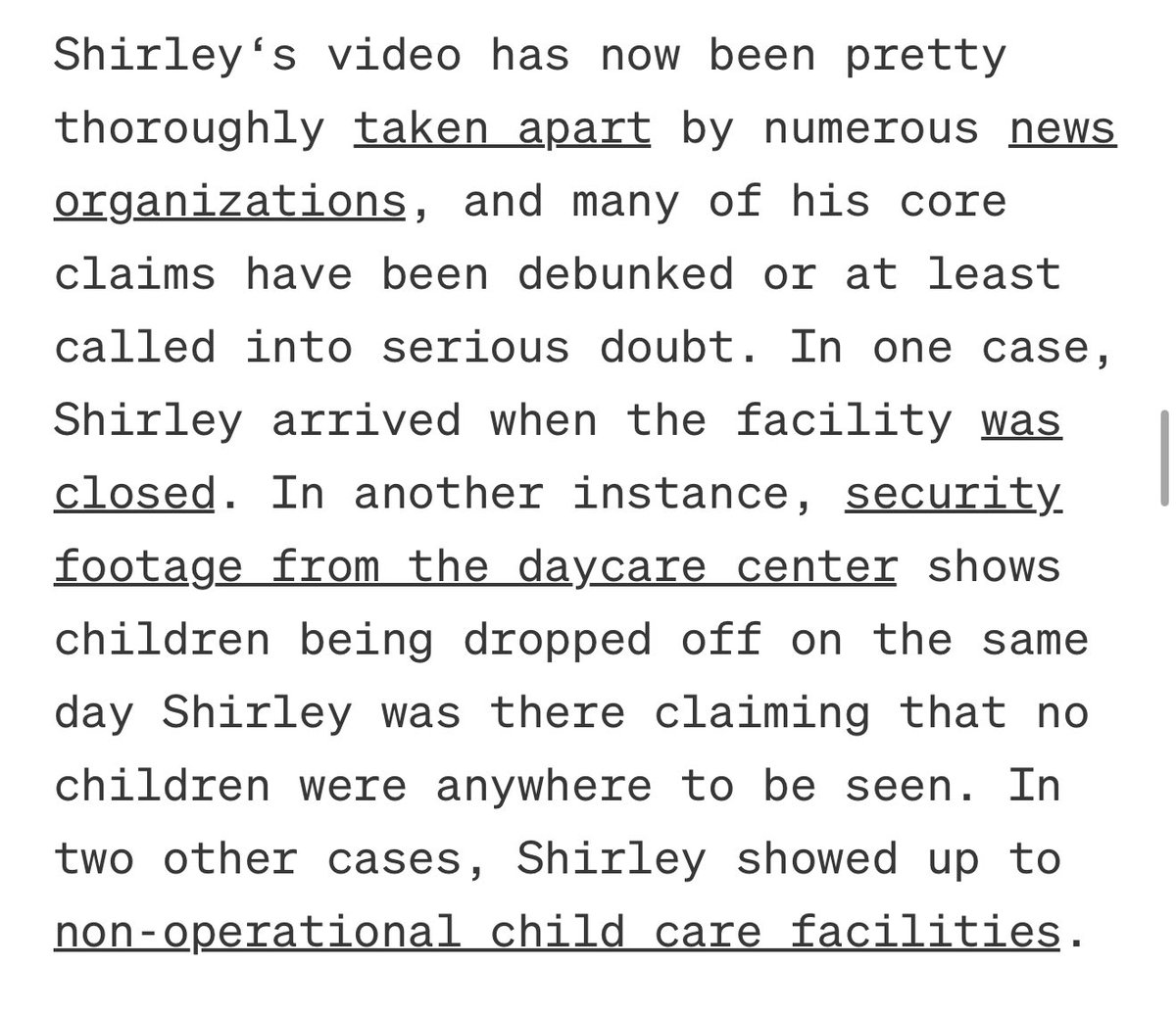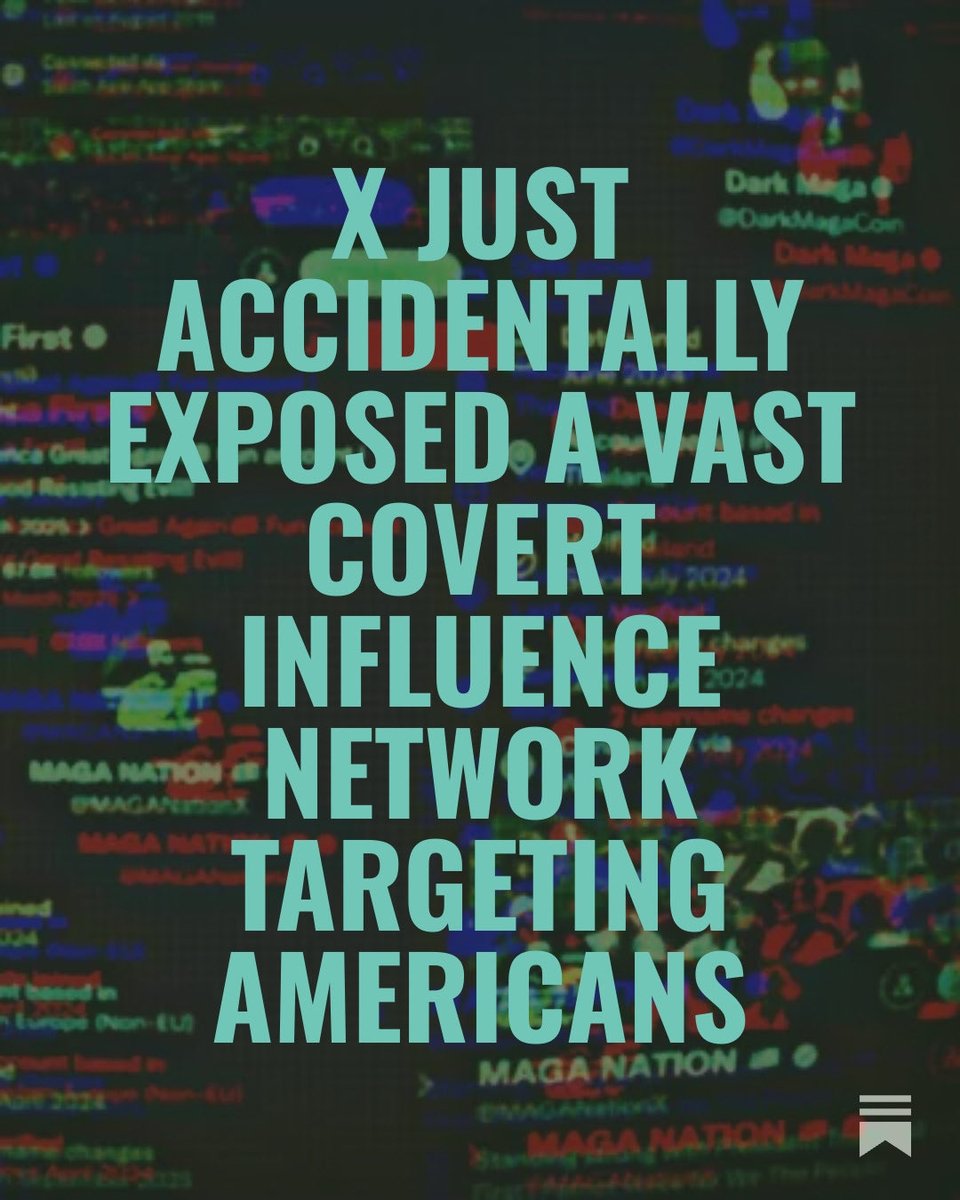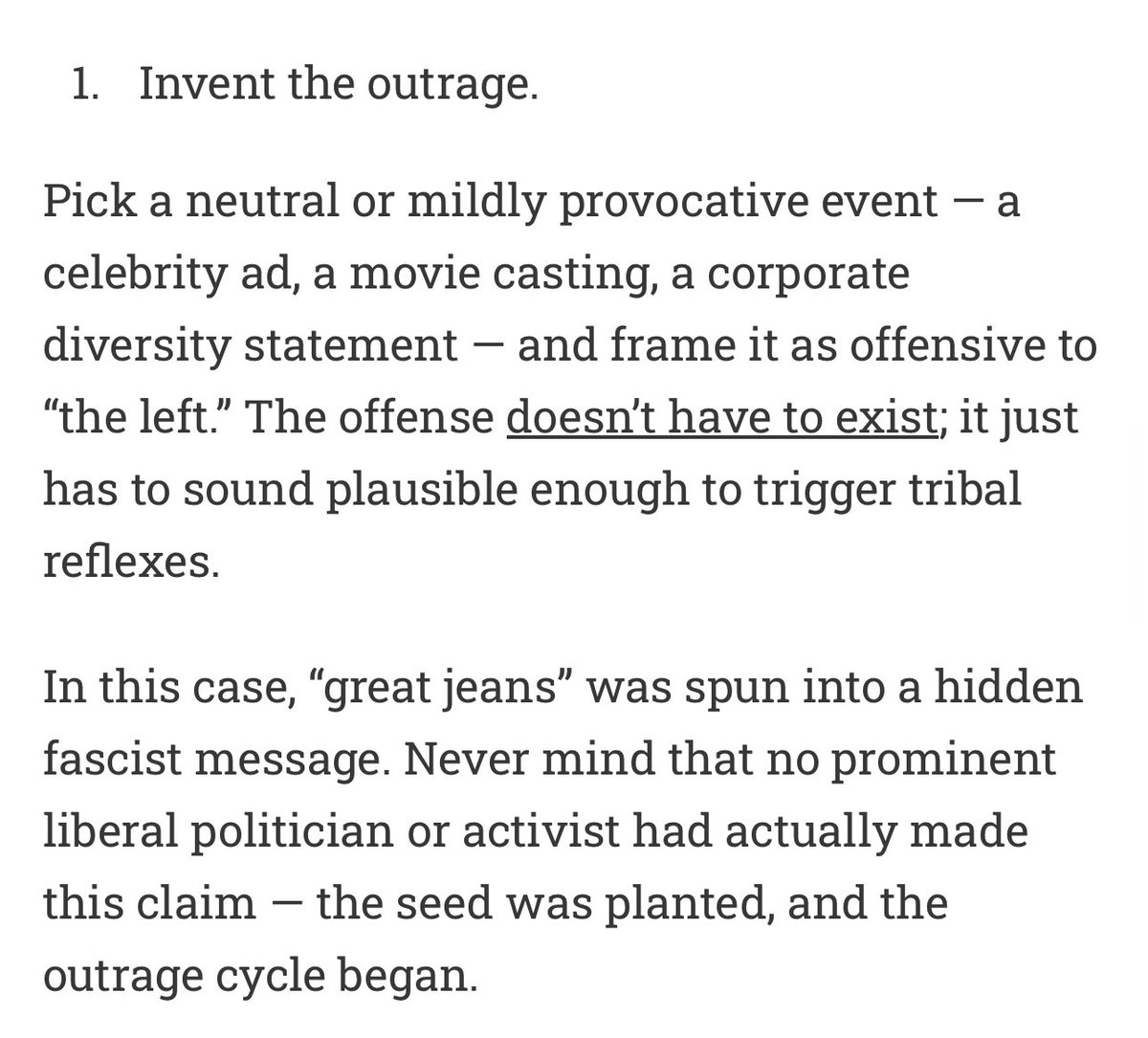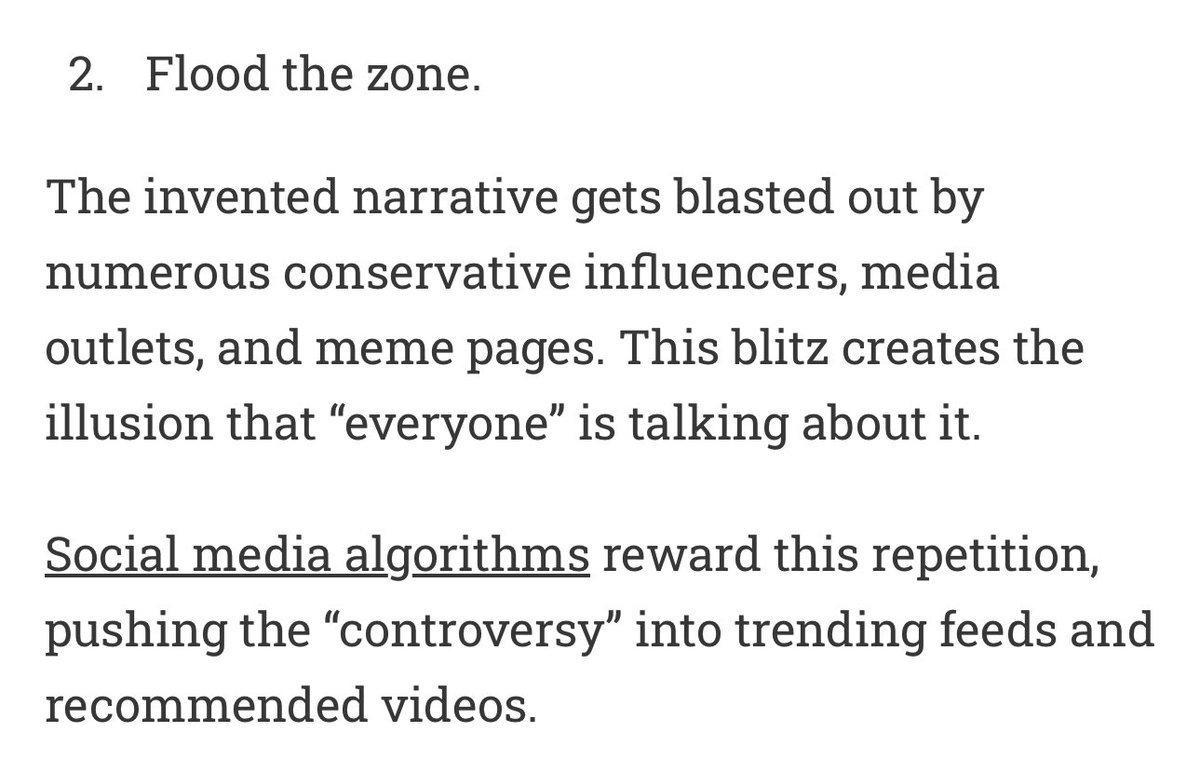The FBI is investigating whether Alexander Torshin, a top Russian banker (known as the "Russian godfather"), illegally funneled money to the NRA to help Trump win.
(The NRA spent $30 million to support Trump — 3X what they gave to Romney's 2012 campaign)
mcclatchydc.com/news/nation-wo…
(The NRA spent $30 million to support Trump — 3X what they gave to Romney's 2012 campaign)
mcclatchydc.com/news/nation-wo…
<quick thread>
A bit of background info on Alexander Torshin, the Russian bank exec and suspected mobster/organized crime boss who is now being investigated for potentially funneling $ through the NRA to help Trump's campaign. (That's him at the 2016 NRA convention👇).
/1/
A bit of background info on Alexander Torshin, the Russian bank exec and suspected mobster/organized crime boss who is now being investigated for potentially funneling $ through the NRA to help Trump's campaign. (That's him at the 2016 NRA convention👇).
/1/

According to intel assessments, Torshin is part of a years-long "aggressive Kremlin effort to forge alliances" w/top GOP figures, including those close to the WH. The NRA is a major conduit of influence here... and possibly also a cash conduit.
/2/
/2/
https://twitter.com/RVAwonk/status/848925335714492419
Trump was set to meet with Alexander Torshin in February before the National Prayer Breakfast. The meeting was canceled the night before when an NSC staffer blew the whistle and flagged Torshin as a potential Russian mobster...
/3/
/3/
https://twitter.com/RVAwonk/status/848921108858449920
In Nov., @NBCNews reported that Jared Kushner failed to disclose what lawmakers called a "Russian backdoor overture & dinner invite" from Alexander Torshin.
Torshin wanted Trump to attend an event at the NRA's May 2016 convention in Louisville, KY.
/4/
nbcnews.com/news/us-news/k…
Torshin wanted Trump to attend an event at the NRA's May 2016 convention in Louisville, KY.
/4/
nbcnews.com/news/us-news/k…
The undisclosed email chain suggested that Torshin "was seeking to meet with a high-level Trump campaign official during the NRA convention, and that he may have had a message for Trump from Putin."
/5/
/5/
https://twitter.com/RVAwonk/status/954009214531330049
Also in Nov., Don Jr admitted that he met with Torshin at a private dinner at the NRA's 2016 convention — just as Torshin requested in the (undisclosed) emails to Kushner (in which he said he wanted to meet with a high-level Trump campaign official).
/6/
/6/
https://twitter.com/RVAwonk/status/931979873823920133
Torshin and Trump have reportedly known each other since at least 2012. According to Bloomberg, the two "had a jovial exchange at the NRA convention in Tennessee in 2015."
...interesting how this keeps circling back to the NRA, isn't it?
/7/
...interesting how this keeps circling back to the NRA, isn't it?
/7/
https://twitter.com/RVAwonk/status/931688749204897793
Another key figure in the Torshin-NRA-Trump nexus: Torshin's "special assistant" Maria Butina, who attended one of Trump's first campaign events in April 2015 — during which Trump signaled his willingness to lift sanctions on Russia.
/8/
/8/
https://twitter.com/RVAwonk/status/848931842195587074
Here's Trump in 2015, suggesting to Maria Butina (Russian crime boss Alexander Torshin's special assistant) that he would lift sanctions on Russia.
"I believe I would get along very nicely with Putin... I don't think you'd need the sanctions."
/9/
"I believe I would get along very nicely with Putin... I don't think you'd need the sanctions."
/9/
• • •
Missing some Tweet in this thread? You can try to
force a refresh


